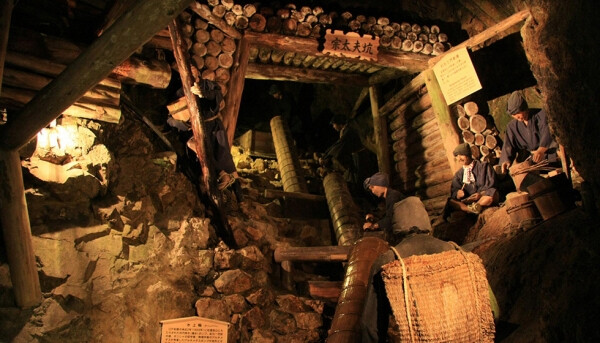
The controversy surrounding the Sado Mine memorial service goes beyond a simple event cancellation. It serves as a stark illustration of the fundamental problems in Japan-South Korea relations and the diplomatic failures of the South Korean government.
Japan's attempt to send an ultranationalist figure with ties to the Yasukuni Shrine to the memorial service was not a mere oversight but a clear demonstration of its perception of the forced labor issue, extending beyond mere differences in historical interpretation.
Instead of acknowledging the forced labor that occurred at the Sado Mine, the Japanese government has consistently attempted to dilute the issue by referring to the victims as "workers from the Korean Peninsula." Sending an individual with ties to the Yasukuni Shrine, a place that glorifies Japan's colonial rule and wars of aggression, to the memorial service is nothing short of an attempt to justify rather than repent for past acts of aggression.
While the South Korean government largely accepted Japan's demands to have the Sado Mine inscribed on the UNESCO World Heritage List, it ultimately missed the mark on what truly mattered. The fear that the memorial service promised by Japan would be a mere formality has become a reality, deepening the wounds of the victims' families.
The South Korean government should have made a more robust diplomatic effort to elicit a sincere apology and reflection from Japan. However, its singular focus on the short-term achievement of UNESCO inscription has led to a lack of effort to improve Japan-South Korea relations in the long term.
This incident has sparked strong criticism from civil society. Citizens have condemned Japan's actions as a mockery of the forced labor victims and criticized the South Korean government for its incompetence. This reflects the public's anger at the government's passive stance on historical issues.
This incident compels us to reconsider what is necessary to improve Japan-South Korea relations. Japan must acknowledge its past wrongdoings and offer a sincere apology to the victims and to the Republic of Korea.
The controversy over the Sado Mine memorial service offers us many lessons. We must not forget history and strive to build a just society.
[Copyright (c) Global Economic Times. All Rights Reserved.]



























